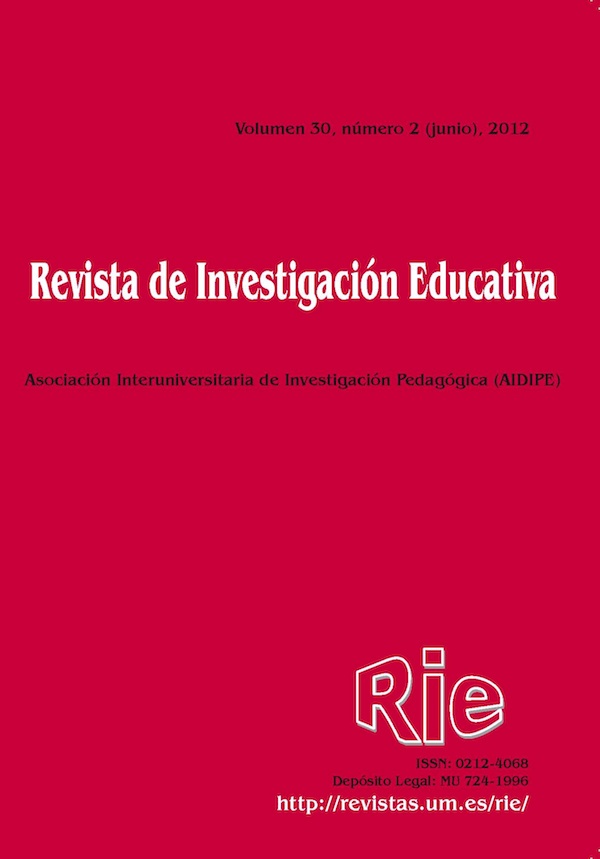Erasmus mobility programme: driving force of the acquisition of intercultural competencies
Abstract
The Erasmus student Mobility Programme plays an important role in the process of integration and consolidation of the European Union. It also promotes foreign language learning, learning about other Member States, and understanding of and unity among people from different cultures, which in turn increases awareness of European citizenship among students. Our main goal is to analyze in detail the acquisition of intercultural competencies of German and Spanish Erasmus students before and during their stay in a foreign country. We applied a multimethod model (or mixed method) based on both quantitative and qualitative approaches. The two instruments for data collection were a questionnaire and a focus group.
The sample group participating in our research were German and Spanish Erasmus students, who studied abroad during the academic year 2009/10 at German and Spanish universities. The analysis of results and the conclusions of our research provide important descriptive information about the state of affairs of foreign language learning and the use of the internet within the EHEA.
Downloads
-
Abstract1990
-
PDF (Español (España))1518
The articles and scientific documents published in RIE abide the following conditions:
1. The Servicio de Publicaciones de la Universidad de Murcia (the publisher) has the property rights (copyright) of all the documents published and allows the reuse under the user’s license indicated in point 2.
2. All documents are published in the digital edition of RIE under a Creative Commons Reconocimiento-NoComercial-SinObraDerivada 4.0 Internacional. (legal document) license. These documents can be copied, used, distributed, communicated and explained publicly if: i) the author(s) and its original source of publishing (magazine, publisher and URL of the document) are cited; ii) it is not used for commercial purpose; iii) the existence and the specifications about this license are mentioned.
3. Auto-archive’s conditions. The authors are allowed and encouraged to digitally distribute the pre-print versions (a version before evaluation) and/or post-print (a version that it is already evaluated and accepted to its publication). This promotes circulation and distribution earlier and can increase the citations and significance within the academic community.










